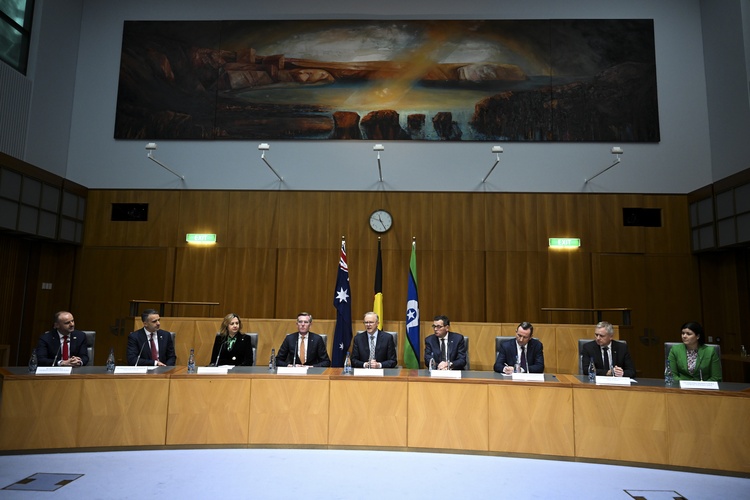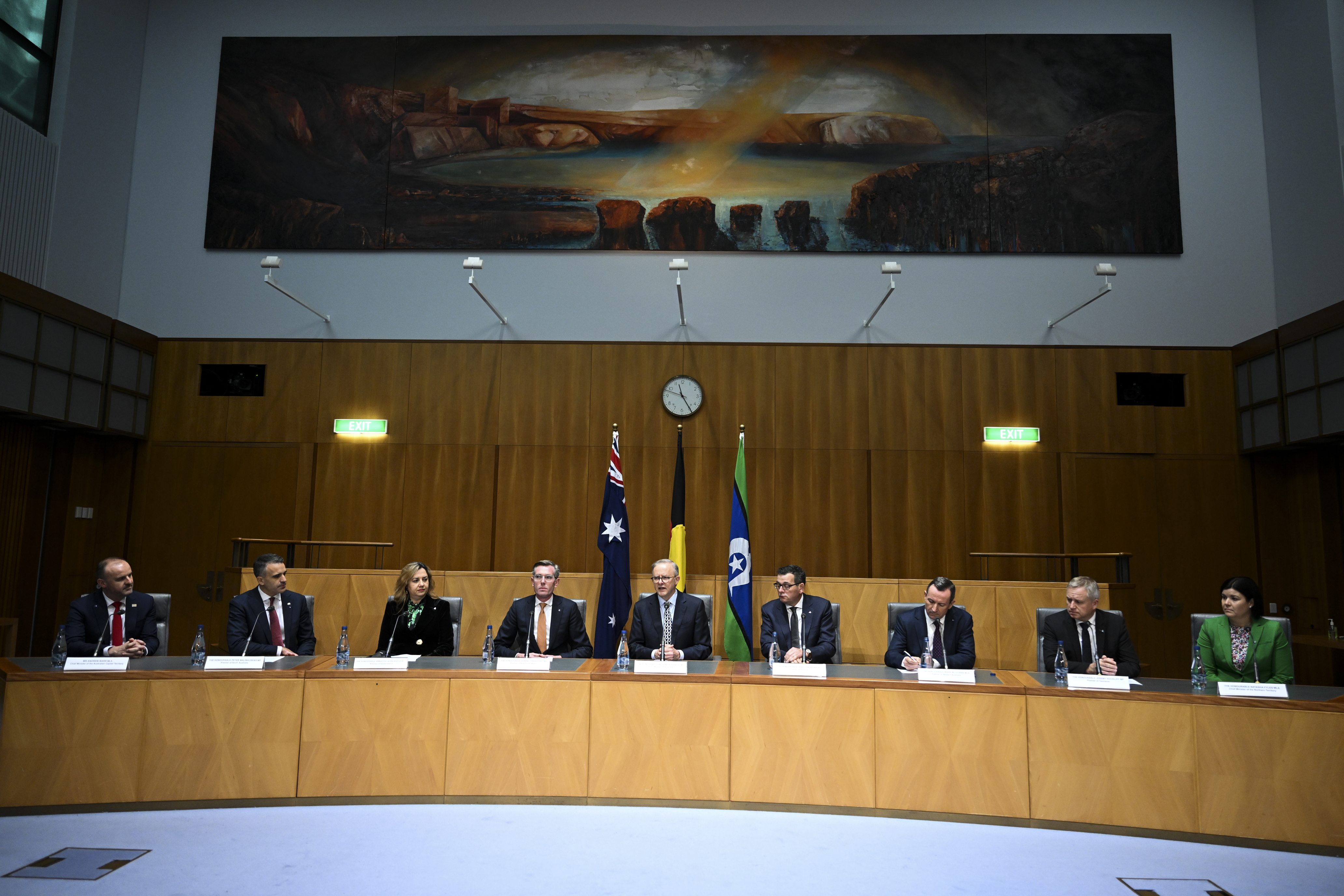Prime Minister Anthony Albanese and state and territory leaders agreed that people with COVID will no longer be required to submit to a five-day stay-at-home order, following Friday's meeting at Parliament House.
These changes will come into effect from October 14.
The isolation period, however, will still apply to employees working in high-risk environments, such as hospital staff and those in aged care.
The decision to scrap the mandatory isolation period also signals the end of pandemic leave payments for affected workers, with the payments set to cease from October 14.
Certain state and territory leaders had campaigned ahead of national cabinet for an end to mandatory isolation periods.
However earlier on Friday, President of the Australian Medical Association Steve Robson lambasted leaders who had advocated for the ceasing of isolation measures.
“People who are pushing for the isolation periods to be cut are not scientifically literate and are putting the public at risk, and they need to understand that,” he told the ABC.
"We're seeing a huge upswing in the numbers of COVID cases again. It's coming into holiday season when people would be travelling around the world.
"It's a period of significant risk and we're urging caution because we need to protect the health system."
Defence force support for the country's aged care sector for COVID is also coming to an end.
In a joint statement released by Defence Minister Richard Marles and Aged Care Minister Anika Wells, the two confirmed the assistance will not be extended beyond Friday, as the winter peak of coronavirus is considered to be over.
"We have left no stone unturned tackling the pandemic and supporting the aged care sector throughout this winter," Ms Wells said.
Deputy Prime Minister Mr Marles said the ADF's resources had to be used for other priority areas.
The armed forces were brought in at the start of the pandemic as a surge workforce to help manage outbreaks in aged care homes.
― With AAP.











